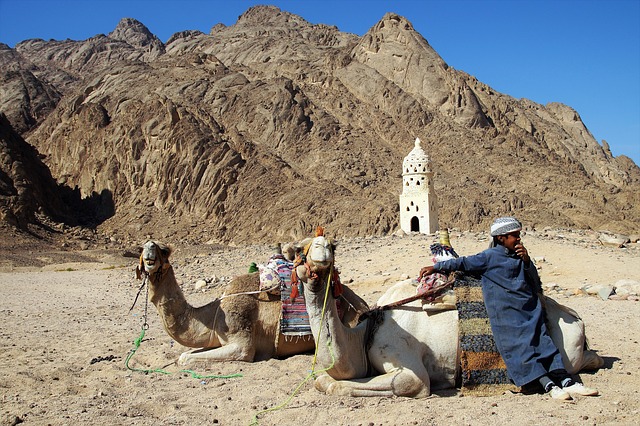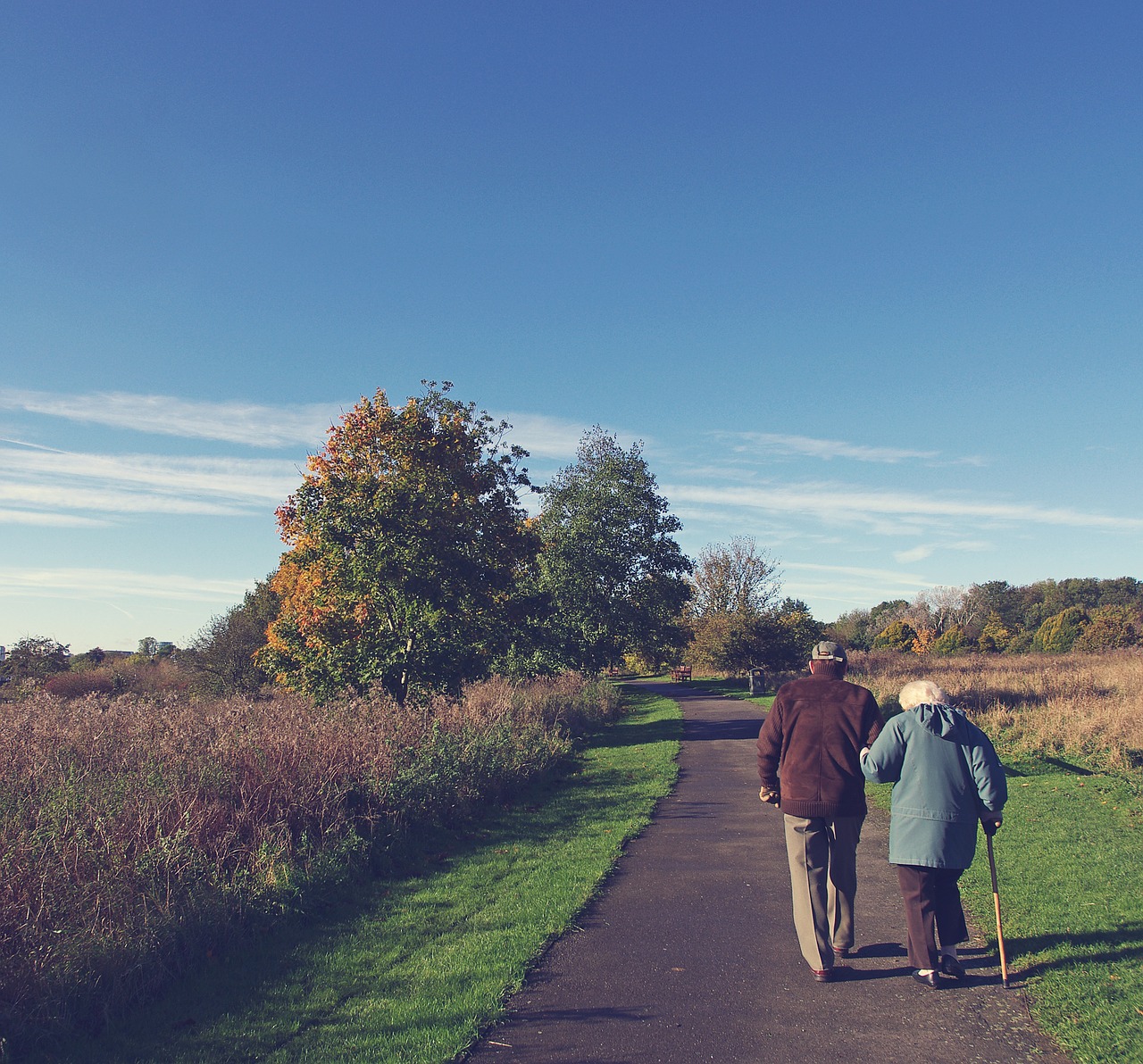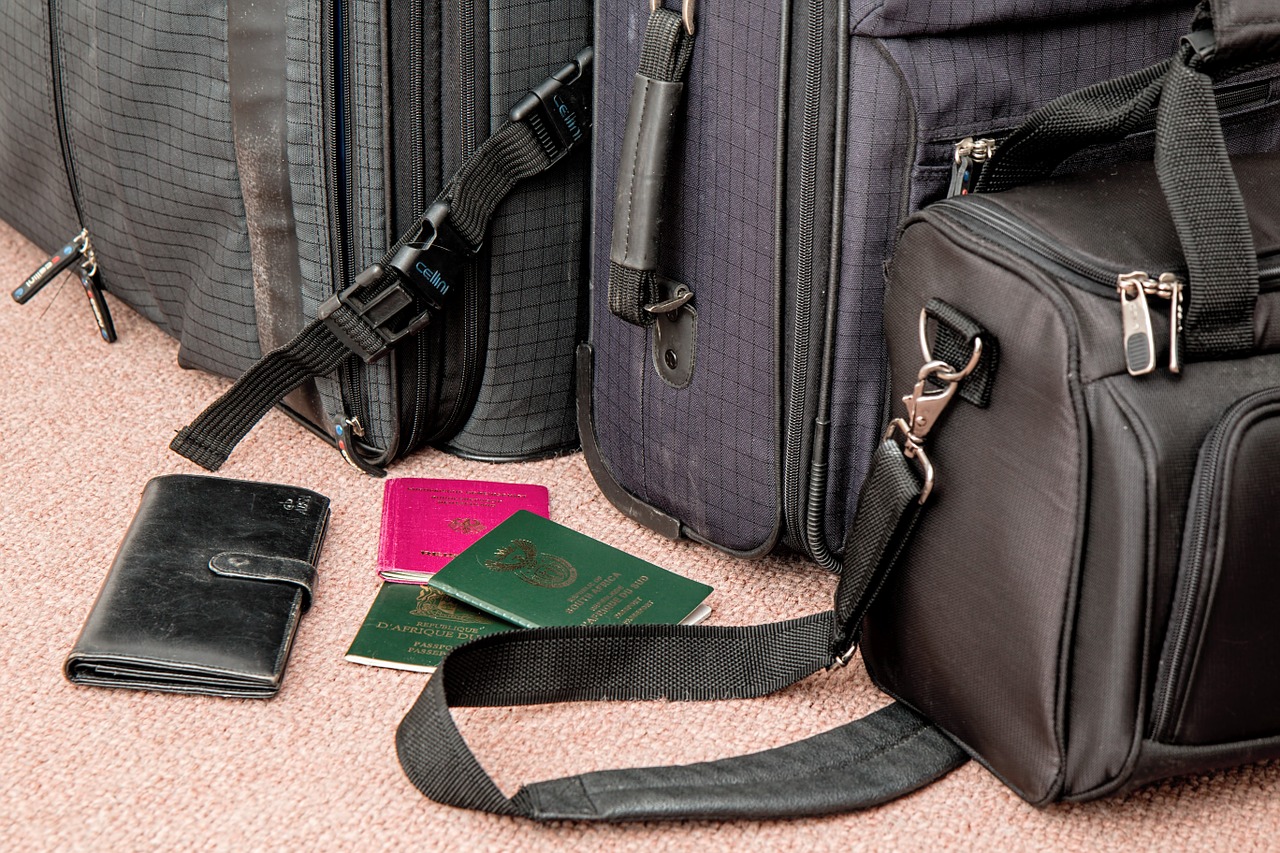Reading is the most efficient way to pass time while travelling. No matter how long it takes to reach your destination, you will never get bored with a book as a travel companion. Long distance journeys provide ample time for reading, much more than one finds in other usual days of life and reading for long gives one an immense joy that is incomparable. Here are 5 of the best books to read while traveling. Some are life-changing books, others are simply inspiring to make your journey lighter and stress-free.
The Lord of the Rings
The Lord of the Rings is an epic high-fantasy novel written by English author and scholar J. R. R. Tolkien. This is a sequel to Tolkien’s 1937 fantasy novel The Hobbit and is one of the top 10 best-selling books ever written, with over 150 million copies sold as of 2007. The Lord of the Rings was published in three volumes over the course of a year from 29 July 1954 to 20 October 1955.
This classic wanderlust book is so pleasant to read while travelling. Reading the story of an epic journey will make you more excited to travel every day and brace all adventures in life. It is a really long book so you can be sure you won’t run out of things to read right away and this is definitely perfect for a more relaxing travel.

The Little Prince
The Little Prince first published in 1943, is the most famous work of French aristocrat, writer, poet, and pioneering aviator Antoine de Saint-Exupéry. The novella is one of the most-translated books in the world – translated into 300 languages and dialects (as well as Braille), selling nearly two million copies annually with sales totaling over 140 million copies worldwide, it has become one of the best-selling books ever published.
Some things just become famous because they are simply really, really good like The Little Prince. This book is not really a children’s book but a children’s adventure book for adults. An adult should read this to children because a child alone may not truly understand the essence of the story. If you’re on travel with a kid or kids, this will surely kill their boredom. The Little Prince will remind you of the different people that you may meet along the way. The little boy will inspire anybody to travel, that if a little boy can have the strength to travel the universe, you will have the strength to travel the world. This book is good for every traveler, but is especially fitting for those traveling far away and for a long time.

The Life of Pi by Yann Martel
Life of Pi is a Canadian adventure novel by Yann Martel, a Spanish-born Canadian author. It is a Man Booker Prize-winning novel published in September 11, 2001. The protagonist is Piscine Molitor “Pi” Patel, an Indian boy from Pondicherry who survives 227 days while adrift on a lifeboat in the Pacific Ocean with a Bengal tiger named Richard Parker.
The Life of Pi is one of the best books around which will keep you happy on the beach, on a road trip, in the city, just about anywhere. The book teaches us to get out of the comfort zone – assume the negative side and go find other places. Travelers who love the marine life and adventurers who love the wildlife will surely enjoy the book.

Eat, Pray, Love
Eat, Pray, Love: One Woman’s Search for Everything Across Italy, India and Indonesia is a 2006 memoir by American author Elizabeth Gilbert. It chronicles the author’s trip around the world and what she discovered during her travels. The book remained on The New York Times Best Seller list for 187 weeks. It also had a movie adaptation released on theaters on August 13, 2010, which stars Julia Roberts and Javier Bardem.
The book delivers notes of enlightenment and smiles. The book will inspire us to buy a one-way ticket for months of adventures and it reminds that traveling helps us grow as a person.

The Alchemist
The Alchemist originally written in Portuguese, is a novel by Brazilian author Paulo Coelho. It was first published in 1988 and it became an international bestseller translated into some 70 languages as of 2016. This is a novel about a young Andalusian shepherd boy named Santiago in his journey to Egypt, after having a recurring dream of finding treasure there.
This is an inspiring tale of self-discovery. It will make us realize that our quests will take us to different – and far more satisfying – directions. We just have to brave the path and learn how to listen to our heart and follow our dreams.











